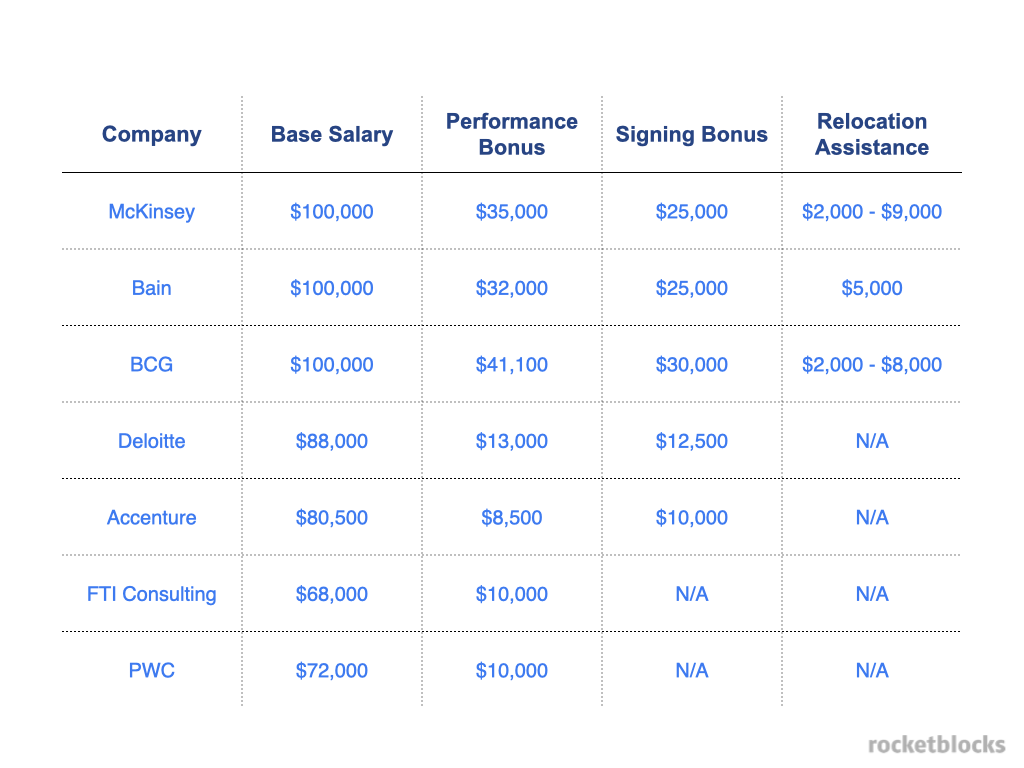
A skills management consultant can help you look at your business with a new angle. A skills management consultant acts as an observer and should be able to identify all areas of concern. Consultants often work closely with businesses and can offer fresh perspectives. This can benefit your business as well your employees. Consulting can help you make improvements to your business. This type expert advice will assist you in making better decisions and assisting your employees to become more efficient.
Communication skills
Communications consultants' job is to evaluate an organization's communication needs, and then develop an effective communication plan. This requires a variety of skills including writing, public speaking, project management, and even public speaking. These skills enable you to spot and resolve communication challenges within a business and to suggest strategies to improve these efforts.
The course addresses all aspects involved in effective communication. The course examines both the consultant's role, responsibilities, and the challenges they face. It examines the various elements that make up good communication skills and helps students understand the areas where they lack these skills.
Empathy
Empathy is an essential leadership skill and key ingredient of successful leadership. It is valuable during good times as well as in difficult situations. After all, no one experiences life the same way. Leaders need to understand the perspectives of others and how their team feels.

The classic empathy chart is comprised of four quadrants. Each quadrant represents a different dimension of the experience. They are arranged clockwise, starting from the top left. The outer experience is represented in the left and inner experiences in the right. This is critical in a business setting.
Flexibility
Flexibility programs are important for a number of reasons. Flexibility programs can increase employee satisfaction, decrease turnover, and improve employee wellbeing. Furthermore, they can have significant bottom-line financial benefits. These are just some of the ways flexible workplace programs can increase your bottom line. These programs can help attract and retain top talent.
Being flexible means being able to adjust your approach based on a change in circumstances. As a consultant in change management, your approach must be flexible to accommodate the nature of the change. This will improve the effectiveness of your guidance.
Change management
A Skills management consultant for change management is a person with a degree in business studies or a related discipline. Not only must a person have a degree in business studies, but they also need to be good at communicating and working with people. The person must have the ability to manage multiple stakeholders and project. An experienced change management consultant can help create a strategic plan for your change management project.
A Change Management Consultant's primary function is to help organizations make changes. They help organizations make employees understand why change is necessary and how the changes will benefit the company. Good consultants will be able to facilitate effectively, with active listening, empathy and patience.

Skills in organization
An Organizational Skills Management Consult is a consultant who improves the leadership skills and management abilities of individuals and groups. This process may involve improving communication and providing feedback. The consultant can also create and implement programs to prepare employees for leadership roles. In addition to this, organizational design consultants help companies create a structure that supports the company's goals and objectives. They will create job descriptions and determine the resources needed to achieve those goals.
Organizational consultants are independent advisors that help companies implement changes and better use their human resources. They review organizational structures, assess business processes, and interview managers in order to identify potential developmental needs. They may also recommend education programs and other consultants to managers in order to improve their skills.
FAQ
How much do consultants make?
While some consultants make $100k+ per year, most consultants only earn between $25-$50k. A consultant's average salary is $39,000 This includes both salaried and hourly consultants.
Salary depends on industry, experience, location, and type of contract (contractor vs employee). Also, whether the consultant is located in their office or remote.
How do you choose a consultant to help me?
There are three main things to keep in mind:
-
Experience - How many years of experience is this consultant? Are they a beginner, intermediate, expert, or some other level? Does her resume reflect the knowledge and skills she has?
-
Education - What did this person learn during school? Did he/she continue to take relevant courses after graduation? Is there evidence that he/she learned from the writing style?
-
Personality - Do we like this person? Would we prefer him/her working for us?
-
The answers to these questions help determine if the consultant is right for our needs. If there are no clear answers, then it might be worth an initial interview to learn more about the candidate.
Who hires consultants
Many organizations hire consultants to assist with projects. These consultants can be found in small and large businesses as well as government agencies, universities, educational institutions, non-profits, and education institutions.
Some consultants work directly with these organizations while others freelance. In either case, the hiring process varies depending on the size and complexity of the project.
When hiring consultants, you will probably go through several rounds of interviews before choosing the person you think would be best suited for the position.
How much does it cost for a consultant to be hired?
The cost to hire a consultant depends on many factors. These are:
-
Project size
-
Time frame
-
Scope of work
-
Fees
-
Deliverables
-
Other factors such as location and experience are also important.
What industries use consultants
There are many different types of consultants. There are many types of consultants. Some specialize in one type of business, while others can handle multiple areas.
Some consultants are only available to private companies while others work with large corporations.
Many consultants also work internationally to assist companies from all corners of the globe.
Statistics
- On average, your program increases the sales team's performance by 33%. (consultingsuccess.com)
- Over 62% of consultants were dissatisfied with their former jobs before starting their consulting business. (consultingsuccess.com)
- WHY choose me: Why your ideal client should choose you (ex: 10 years of experience and 6-week program has helped over 20 clients boost their sales by an average of 33% in 6 months). (consultingsuccess.com)
- So, if you help your clients increase their sales by 33%, then use a word like “revolution” instead of “increase.” (consultingsuccess.com)
- 67% of consultants start their consulting businesses after quitting their jobs, while 33% start while they're still at their jobs. (consultingsuccess.com)
External Links
How To
What Does A Typical Day For A Consultant Look Like?
Each type of work will dictate the day's pace. However, the majority of your day will consist of research and planning, meeting clients and preparing reports.
You will often have meetings where you discuss issues and problems with clients. These meetings can be held over the telephone, online or face-to face.
Also, proposals are documents that outline your ideas or plans for clients. You will need to discuss these proposals with a mentor or colleague before you present them to clients.
After all the planning and preparation, you will have to produce some content. This could include writing articles, designing websites or editing photos.
It depends on the project's scope, you might need to do some research to collect relevant statistics. You might need to determine how many customers you have, and whether they buy more than one product.
Once you have gathered enough information, it's time to present your findings to clients. You can either present your findings in writing or orally.
After your initial consultation, you should follow up with your clients. For example, you might call them periodically to see how things are going or send emails asking them to confirm that they received your proposal.
Although it takes time, this process is worth it. It's also important to keep your eyes on the prize and maintain good relations with clients.